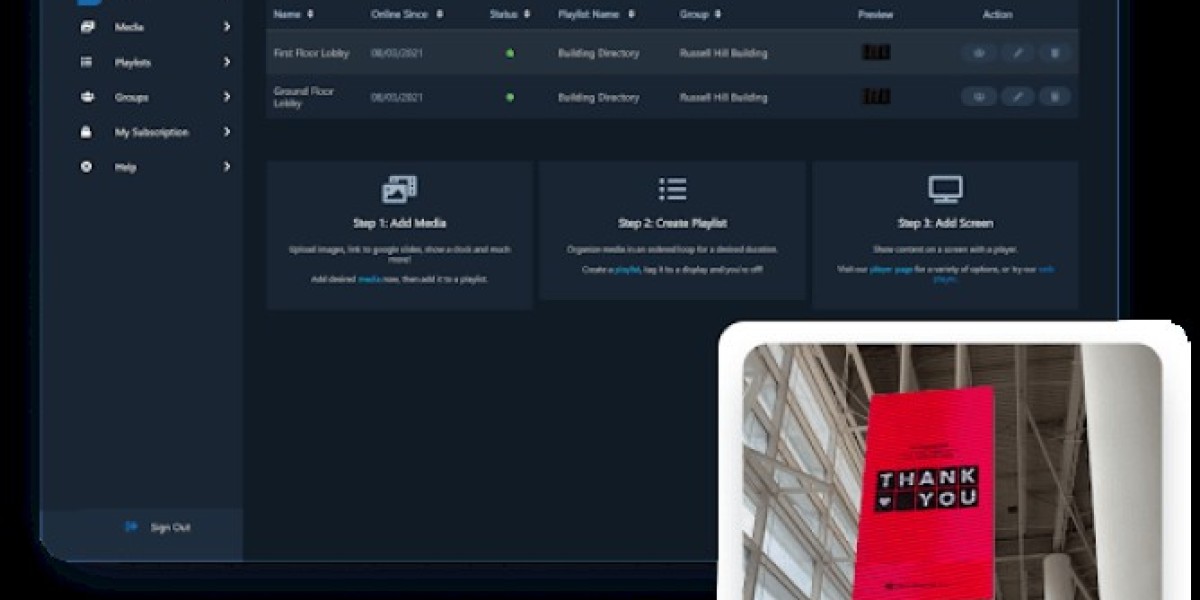In the era of digital transformation, enterprise IoT (Internet of Things) is emerging as a pivotal force reshaping industries across the globe. This technological evolution is not merely about adding connectivity but is fundamentally altering the way businesses operate, make decisions, and deliver value to their customers. In this blog, we will explore the transformative impact of enterprise IoT, examining its benefits, challenges, and future prospects.
Understanding Enterprise IoT
Enterprise IoT refers to the use of Internet-connected devices and systems within a business environment to gather, share, and analyze data. Unlike consumer IoT, which typically focuses on individual users, enterprise IoT targets organizations, enhancing operational efficiency, enabling real-time decision-making, and driving innovation.
At its core, enterprise IoT involves deploying sensors, actuators, and software to collect data from various physical assets. This data is then transmitted to central systems where it is processed and analyzed to provide actionable insights. The integration of IoT technologies into enterprise operations can lead to smarter supply chains, predictive maintenance, and improved customer experiences.
Key Benefits of Enterprise IoT
Enhanced Operational Efficiency
Enterprise IoT can dramatically improve operational efficiency by automating routine tasks and optimizing workflows. For instance, IoT sensors can monitor machinery in manufacturing plants, predicting when maintenance is needed before a breakdown occurs. This proactive approach reduces downtime and increases productivity, leading to significant cost savings.
Data-Driven Decision Making
With enterprise IoT, businesses can collect vast amounts of data from various sources, such as equipment, inventory, and customer interactions. This data can be analyzed to uncover patterns and trends, providing valuable insights that guide strategic decisions. For example, retailers can use IoT data to optimize inventory levels and enhance the customer shopping experience.
Improved Customer Experience
IoT technologies enable businesses to create more personalized and engaging experiences for their customers. Through IoT-enabled devices, companies can track customer preferences and behaviors in real-time, allowing for targeted marketing and tailored services. For instance, smart home devices can provide users with customized energy-saving recommendations based on their usage patterns.
Predictive Maintenance
One of the most significant advantages of enterprise IoT is the ability to predict equipment failures before they happen. By continuously monitoring the condition of machinery and infrastructure, IoT systems can identify potential issues and alert maintenance teams. This approach helps prevent unexpected breakdowns and extends the lifespan of assets.
Enhanced Security
Security is a top priority for businesses, and enterprise IoT can play a crucial role in strengthening it. IoT-enabled security systems can provide real-time monitoring and alerts for potential threats, such as unauthorized access or suspicious activities. Additionally, IoT devices can be integrated with other security measures to create a comprehensive and robust defense strategy.
Challenges of Implementing Enterprise IoT
While the benefits of enterprise IoT are substantial, there are also several challenges that organizations must address:
Data Privacy and Security
The vast amount of data collected by IoT devices raises concerns about privacy and security. Businesses must ensure that their IoT systems are protected against cyberattacks and data breaches. Implementing strong encryption protocols, regular security updates, and access controls is essential to safeguarding sensitive information.
Integration with Existing Systems
Integrating IoT solutions with existing enterprise systems can be complex. Businesses need to ensure that their IoT devices and platforms are compatible with their current infrastructure. This may require significant investments in technology and expertise to achieve seamless integration and interoperability.
Scalability
As businesses grow, their IoT needs may evolve. It is crucial to design IoT solutions that can scale with the organization. This includes considering factors such as network capacity, data storage, and processing power. Scalability ensures that the IoT infrastructure can accommodate increasing volumes of data and devices.
Cost of Implementation
The initial cost of implementing enterprise IoT can be substantial. Expenses include purchasing IoT devices, installing sensors, and developing data management systems. However, businesses should weigh these upfront costs against the long-term benefits of increased efficiency and reduced operational expenses.
Future Trends in Enterprise IoT
As technology continues to advance, several trends are likely to shape the future of enterprise IoT:
Artificial Intelligence and Machine Learning Integration
The integration of AI and machine learning with IoT systems is expected to enhance data analysis and decision-making capabilities. AI algorithms can process large volumes of IoT data to identify patterns, make predictions, and optimize operations in real-time.
Edge Computing
Edge computing involves processing data closer to the source of generation, rather than relying on centralized cloud servers. This approach reduces latency and improves the efficiency of IoT applications. As IoT devices become more prevalent, edge computing will play a critical role in managing and analyzing data locally.
5G Connectivity
The rollout of 5G networks will significantly impact enterprise IoT by providing faster and more reliable connectivity. This enhanced network performance will enable more efficient communication between IoT devices and support the growth of applications requiring high-speed data transfer.
IoT-Enabled Smart Cities
The concept of smart cities, where urban infrastructure is enhanced with IoT technologies, is gaining momentum. Smart cities leverage IoT devices to improve transportation, energy management, and public services. As urbanization continues, the integration of IoT in city planning and management will become increasingly important.
Conclusion
Enterprise IoT is not just a technological trend but a transformative force reshaping industries and redefining business operations. By enhancing operational efficiency, enabling data-driven decision-making, and improving customer experiences, enterprise IoT offers significant advantages for organizations across various sectors. However, businesses must also navigate challenges such as data privacy, system integration, and cost.
As we look to the future, the continued evolution of IoT technologies, combined with advancements in AI, edge computing, and 5G connectivity, will further revolutionize the way businesses operate and interact with their environments. Embracing enterprise IoT today can position organizations for long-term success in an increasingly connected world.









